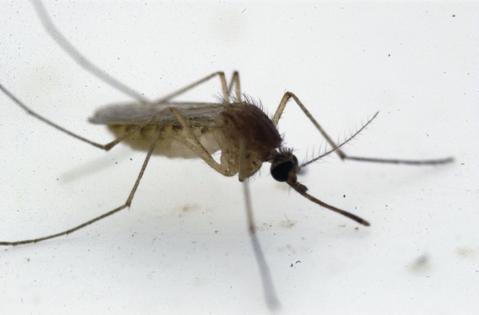Maryland confirms first human case of West Nile virus this year
Published in Health & Fitness
BALTIMORE — The Maryland Department of Health confirmed the state’s first human case of West Nile virus this year in an adult living in the central part of the state.
Officials said the patient is recovering. The case was detected in central Maryland, according to a state health department release that did not specify the exact location.
West Nile virus is primarily transmitted through the bite of an infected mosquito, which contracts the virus from feeding on infected birds. While most people who become infected show no symptoms, the disease can cause serious complications in those with underlying health conditions.
“We are in the season when the West Nile virus and other mosquito-borne viruses can spread in Maryland,” Dr. Meg Sullivan, deputy secretary for Public Health Services, said in a statement. “We urge people to be vigilant and take steps to avoid infection, such as eliminating standing pools of water where mosquitoes can breed.”
Maryland reported 18 confirmed cases of West Nile virus in 2024, according to the Department of Health. The number of infections varies each year, according to state health officials. The virus was first detected in the United States in 1999.
Those who do fall ill can experience fevers, headaches, body aches, swollen lymph glands and skin rashes. While these symptoms may clear within days, some cases last several weeks. Older adults and people with weakened immune systems are at higher risk for severe illness affecting the nervous system.
Health officials are urging residents to protect themselves by wearing long sleeves and pants outdoors, using EPA-registered insect repellents and checking their properties for mosquito breeding grounds. Even small amounts of standing water in places such as clogged gutters, cans, or containers can attract mosquitoes.
The Department of Health launched a public awareness campaign in May to help residents prevent mosquito bites, including a social media toolkit with prevention tips.
Sick or injured birds, which can carry the virus, may be reported to local wildlife rehabilitators by calling 1-877-463-6497 or by visiting the Maryland Department of Natural Resources website.
©2025 Baltimore Sun. Visit baltimoresun.com. Distributed by Tribune Content Agency, LLC.










Comments